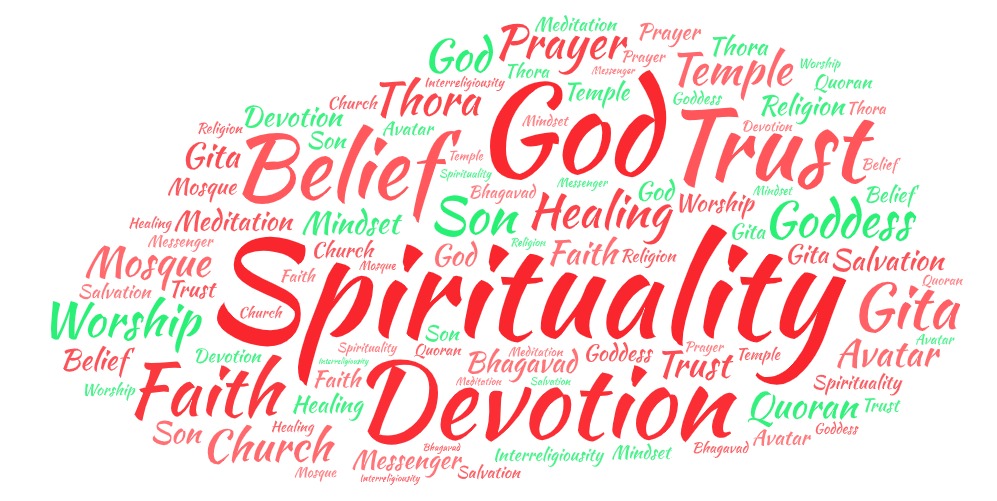There are many reasons why people fight for their religion despite it being just a belief that none of the followers can prove. Firstly, religion is not just a set of beliefs; it is also a way of life, a mindset that provides a sense of purpose and meaning to individuals. It offers a framework for understanding the world and our place in it. Religion provides guidance on moral and ethical issues and helps people to make sense of life’s challenges and difficulties.

Moreover, religion offers a sense of community and belonging to its followers. Places of worship such as temples, mosques, and churches provide a safe haven for people to come together and share their spirituality, devotion, and faith. Religious practices such as prayer, healing, and meditation help people to connect with their higher power, whether it be God, Goddess, or a messenger or avatar of the divine.
Furthermore, religion offers the promise of salvation, whether it be through the Son of God, the Bhagavad Gita, the Torah, or the Quran. Many people find comfort in the idea that there is a higher power that can provide them with eternal life and that they can achieve this through their devotion and trust in their religion.
However, religion can also be a source of conflict, particularly when different religions or faiths come into contact with each other. Interfaith conflicts can arise when followers of different religions believe that their faith is the only true one and that others are misguided or wrong. This can lead to tension, mistrust, and even violence.
In conclusion, religion is a complex and multifaceted phenomenon that offers both benefits and challenges to its followers. While it can provide a sense of community, purpose, and spirituality, it can also be a source of conflict and tension. Ultimately, it is up to each individual to decide how they want to approach their religious beliefs and whether they want to use them to promote healing, understanding, and peace, or to wage war and division.